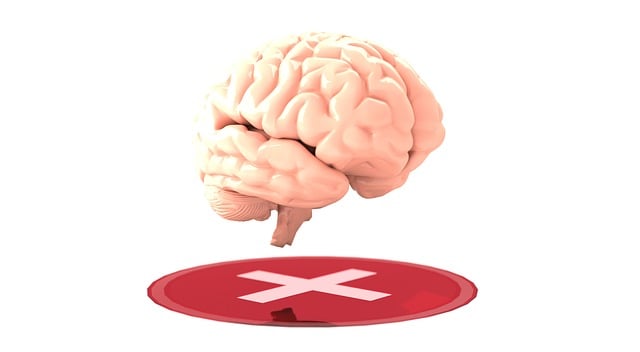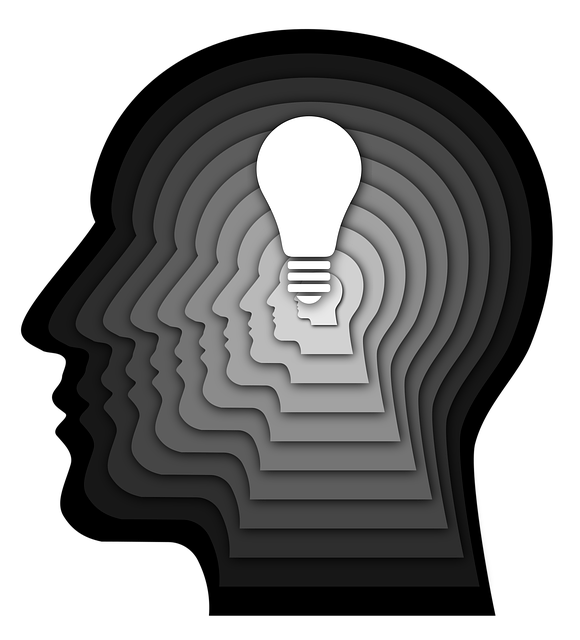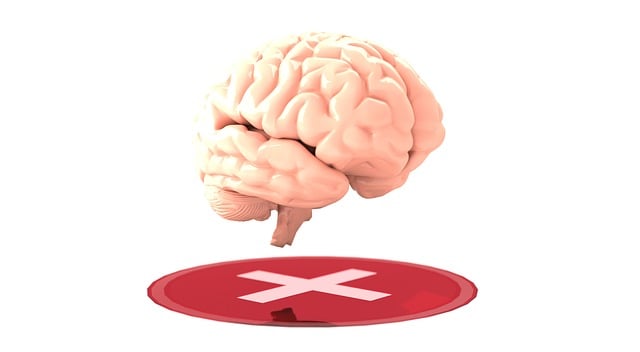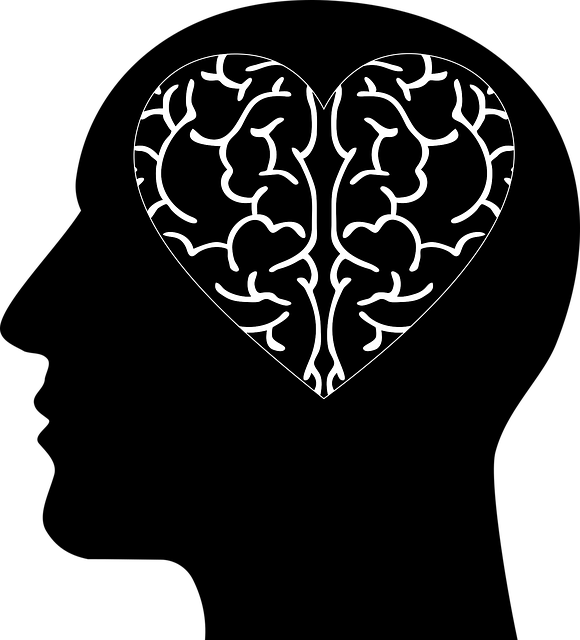Understanding Mental Health Data is crucial for enhancing patient well-being, with Lafayette Cognitive Behavioral Therapy (CBT) utilizing various data sources like EHRs, surveys, and therapy observations. Through advanced analysis, CBT therapists personalize treatments, employing techniques such as Cognitive Restructuring and Behavioral Activation to promote emotional well-being, reduce stress, and prevent depression. This tailored approach integrates social skills training, fostering resilience and coping mechanisms. However, navigating mental health data requires careful consideration of privacy, confidentiality, and patient boundaries to ensure effective, contextually relevant therapy.
Mental health data analysis has emerged as a powerful tool for understanding and improving therapeutic outcomes. This article explores various aspects of this process, from understanding the collection and sources of mental health data to advanced techniques in therapy analysis. We delve into practical applications with real-world examples, such as Lafayette Cognitive Behavioral Therapy (LCBT), showcasing how data interpretation leads to effective treatment strategies. Additionally, we discuss challenges and ethical considerations surrounding mental health data.
- Understanding Mental Health Data: Collection and Sources
- Techniques for Effective Data Analysis in Therapy
- Interpreting Results: Insights and Applications with Lafayette Cognitive Behavioral Therapy
- Challenges and Ethical Considerations in Mental Health Data Interpretation
Understanding Mental Health Data: Collection and Sources

Understanding Mental Health Data is a crucial step in any analysis process, especially when focusing on improving mental wellness through Lafayette Cognitive Behavioral Therapy (CBT) or exploring strategies like Social Skills Training for better patient outcomes. The collection of data begins with identifying relevant sources. These can include electronic health records (EHRs), survey responses from patients or healthcare providers, direct observations during therapy sessions, and even self-reported journal entries. Each source provides unique insights into various aspects of mental health, such as symptoms, treatment progress, and overall patient well-being.
For instance, EHRs offer structured data on diagnosis, medication prescriptions, and therapy notes, while survey data can capture subjective reports of mental health status, satisfaction with care, and perceived benefits of treatments like burnout prevention strategies for healthcare providers. Combining these sources allows for a comprehensive analysis that goes beyond individual cases, enabling researchers and therapists to make informed decisions and tailor interventions for better patient outcomes in mental wellness.
Techniques for Effective Data Analysis in Therapy

In the realm of Lafayette Cognitive Behavioral Therapy (CBT), effective data analysis is pivotal for tailoring therapeutic approaches to address diverse mental health concerns. Therapists employ robust methods, such as structured clinical interviews and standardized assessment tools, to gather comprehensive client histories, encompassing past traumas, current stressors, and symptoms. These techniques facilitate a deep understanding of clients’ experiences and aid in identifying underlying cognitive distortions or maladaptive behaviors.
By leveraging advanced statistical analysis and data visualization tools, therapists can uncover meaningful patterns within the collected data. This process enables them to develop targeted interventions, including personalized therapy plans that combine evidence-based practices like Cognitive Restructuring and Behavioral Activation. Ultimately, these strategies contribute to the successful Emotional Well-being Promotion Techniques, Stress Reduction Methods, and even Depression Prevention, fostering a holistic improvement in clients’ mental health and quality of life.
Interpreting Results: Insights and Applications with Lafayette Cognitive Behavioral Therapy

When analyzing mental health data with Lafayette Cognitive Behavioral Therapy (CBT), interpreting results goes beyond numbers and percentages. It involves delving into the insights unearthed to develop actionable strategies for better patient outcomes. Through CBT’s structured approach, therapists can identify patterns in symptoms, thoughts, and behaviors, enabling them to tailor treatments for specific needs. For instance, data might reveal a correlation between certain cognitive distortions and heightened anxiety levels, leading to targeted interventions aimed at Anxiety Relief.
This process allows Lafayette CBT practitioners to go beyond symptom reduction and focus on Depression Prevention through fostering resilience and coping mechanisms. Furthermore, social skills training can be integrated into therapy based on the analysis, helping individuals improve their interactions and overall well-being. By applying these insights in real-world contexts, therapists can enhance treatment effectiveness, ensuring that each patient receives personalized care that addresses their unique mental health landscape.
Challenges and Ethical Considerations in Mental Health Data Interpretation

Navigating the landscape of mental health data analysis presents a unique set of challenges and ethical considerations. As Lafayette Cognitive Behavioral Therapy (LCBT) continues to evolve, the interpretation of patient data becomes increasingly complex. One significant hurdle is ensuring the privacy and confidentiality of sensitive information while facilitating meaningful insights for improved therapy outcomes.
Emotional Regulation, a core aspect of LCBT, requires nuanced understanding from therapists who must interpret data accurately. This involves balancing the need for data transparency with protecting patients’ personal boundaries. Additionally, as Mental Wellness Podcast Series Production gains popularity, the ethical collection and analysis of listener data raises questions about consent, usage, and potential implications on therapy recommendations. Stress Reduction Methods, a key focus in many mental health interventions, also demand careful consideration during data interpretation to ensure that measured improvements are attributed to appropriate therapeutic approaches rather than external factors.
Mental health data analysis is a powerful tool for understanding and improving patient outcomes, as demonstrated by the successful applications of Lafayette Cognitive Behavioral Therapy. By employing effective techniques and ethical considerations, therapists can gain valuable insights from collected data. This process allows for more personalized treatment plans and improved mental health services overall. Through ongoing research and responsible interpretation, the field of therapy can continue to evolve, benefiting those seeking support for their cognitive and behavioral well-being.













